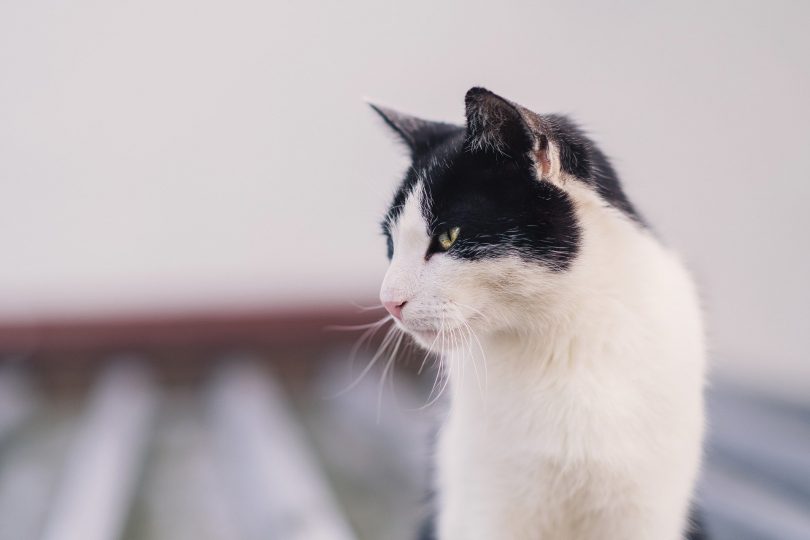The cannabidiol (CBD) market has become extremely popular among various demographics, from those looking to alleviate pain and inflammation to others seeking CBD-based cosmetics to promote healthier skin, and everything in between.
But while CBD is very popular among humans, what application does the cannabinoid have in the world of felines?
It turns out that CBD might have its place in the health and wellness of cats. Given the cannabis compound’s antioxidant and anti-inflammatory properties, [1] it’s worth considering its potential effectiveness in animals as well as humans. While there is already a sizable amount of research already done on CBD’s effectiveness in human health, new research is emerging in relation to the benefits of CBD on cats and other animals. [2]
In fact, a growing number of veterinarians — particularly those who practice holistic veterinary medicine — are already using CBD to treat several ailments in cats and other pets, including pain, inflammation, and anxiety.
Benefits of CBD For Cats
CBD may be effective at alleviating a variety of health issues in cats, such as the following:
- Anxiety
- Infections
- Inflammation
- Digestive system issues
- Skin conditions
- Joint pain
- Allergies
- Seizures
Safety of CBD For Cats
CBD may help to treat certain health issues in cats, but is it safe? Like human consumption of CBD, the safety of the cannabinoid for cats and other pets stems largely from appropriate dosing of CBD and whether or not other cannabinoids accompany the product.
Generally speaking, CBD is safe for cats when given at certain doses. Further, CBD derived from the hemp plant that’s void of any psychoactive compounds like tetrahydrocannabinol (THC) is more appropriate and has little to no side effects.
CBD Products For Cats
When looking at the different options for CBD to be administered to cats, certain types of products may be better suited than others. CBD isolate may be more appropriate for cats and other animals, as it’s a pure CBD distillate that only contains CBD without any other compounds, like THC.
Further, hemp-extracted CBD is also recommended, as it contains less than 0.3% THC. This will ensure that cats will not inadvertently consume THC that may potentially induce psychoactive effects.
Research on CBD for use in cats and other pets is still somewhat limited with more studies needed to understand the full scope of CBD efficacy and safety in animals. Anyone looking to incorporate CBD into their cat’s daily regimen should always start with accurately-measured low doses in the 1 mg to 5mg range to first test how the animal responds to the compound before reaching full dosage.
Image source: Sa Ka from Pixabay
References:
1- Atalay, S., et al, “Antioxidative and Anti-Inflammatory Properties of Cannabidiol“, Antioxidants, January 2020, 9(1): 21.
2- Gamble, L.J., et al, “Pharmacokinetics, Safety, and Clinical Efficacy of Cannabidiol Treatment in Osteoarthritic Dogs“, Front Vet Sci., July 2018; 5: 165.










